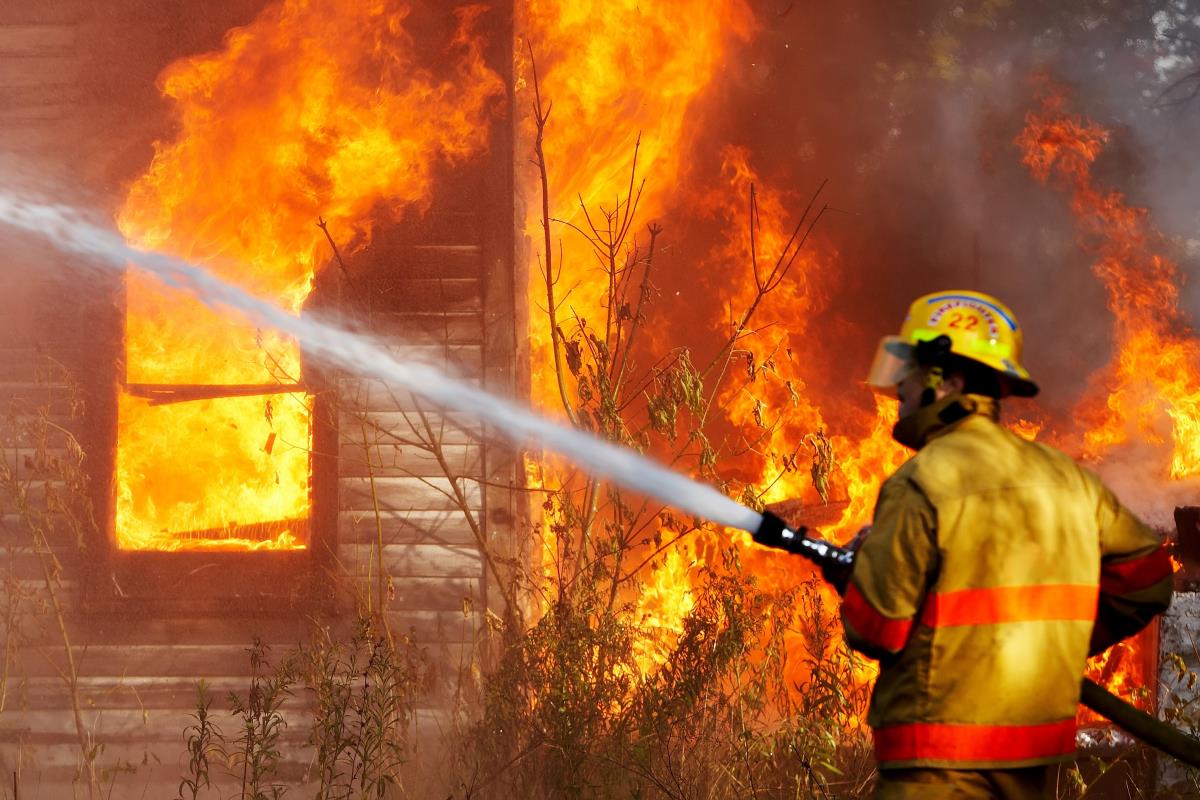
California experienced its most deadly wildfire – known as the Camp fire – earlier this year, killing at least 85 people and leaving a path of mass destruction in its wake as it annihilated more than 11,000 homes. While no caring person who saw photographic or video image of the fires could be left unmoved, the fact is that California is no stranger to fires, and the fact that people continue to live in such high-risk areas is puzzling to many of us. Why would people voluntarily choose to put themselves – literally – in the line of fire?
The answer is simple: A lower cost of living and poor governmental policies which have incentivized more and more people to move out of the high-cost urban areas and into what is known as the wildland-urban interface (WUI) are directly responsible for this shocking increase in loss of life and property. (Related: California wildfires burning out of control are natural phenomena, NOT “climate change” — fires have raged on earth for billions of years.)
The deadly attraction of a lower cost of living
As recently reported by The Wall Street Journal, California’s permissive building codes, combined with the lure of lower insurance rates, have encouraged many residents to head further and further out into the leafy – and high fire risk – areas of the state. For many, the attraction of a lower cost of living combined with “jaw-dropping views” has simply proven too hard to resist.
The result is that more people have been packed into the Californian WUI than in similar areas in any other U.S. state. And as the population of this area has grown, so have the number of buildings destroyed by wildfires. A recent study by researchers from the University of Wisconsin-Madison found that more homes were destroyed in California’s WUI between 2000 and 2013 than in all WUI areas of the rest of the continental United States combined. (Related: California wildfires were caused by irresponsible development more than weather, according to expert.)
The WSJ reported:
Lax building codes are at the base of the problem. Even in California, which has some of the toughest such rules in the country, they often aren’t adequate or adequately enforced. The codes often dictate the use of fire-retardant materials in house construction but typically say nothing about how a development must be situated on the landscape—and that can help determine whether that development will burn in a fire, says Max Moritz, a cooperative-extension wildfire specialist at the University of California, Santa Barbara. “So the developers are able to come in, propose something, and often, without too much oversight, walk away after having built something in a dangerous place,” he says. “And we pick up the tab.”
Another recent Californian wildfire – known as the Carr fire – devastated neighborhoods in the city of Redding this summer. And investigations after the fire highlighted a shocking lack of building code enforcement, with inspectors and officials looking the other way to facilitate the building of new subdivisions. One example of this was where the city allowed a developer to build an entire subdivision with just one road in and out instead of the two which would have been considered safer in an emergency. One of the biggest causes of loss of life in the recent wildfires was when people became trapped and could not get out of their subdivisions and suburbs.
“In the future, we should take a more deliberate and maybe harder stance,” admits City Manager Barry Tippin. Yes, perhaps you should, Mr. Tippin.
Of course, any steps that the state may now take to enforce building codes properly and to stop looking the other way while people move into dangerous areas will be too little – and too late – for the thousands of people who have already lost their homes and loved ones in these deadly fires.
Learn more about the effects of the urbanization of forest areas at Environ.news.
Sources include:
Please contact us for more information.



















